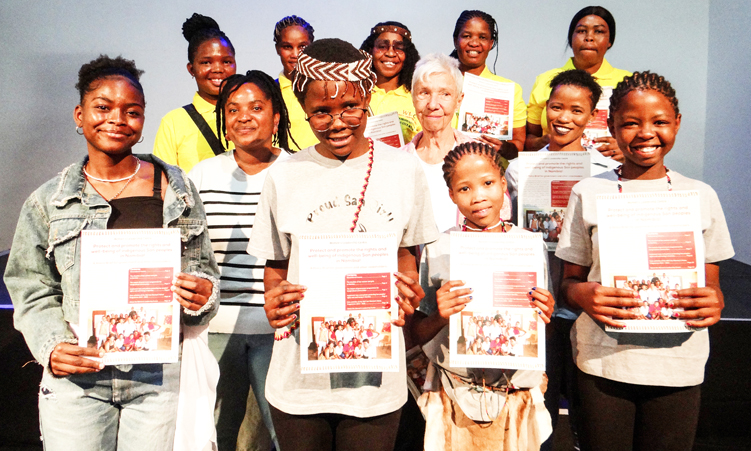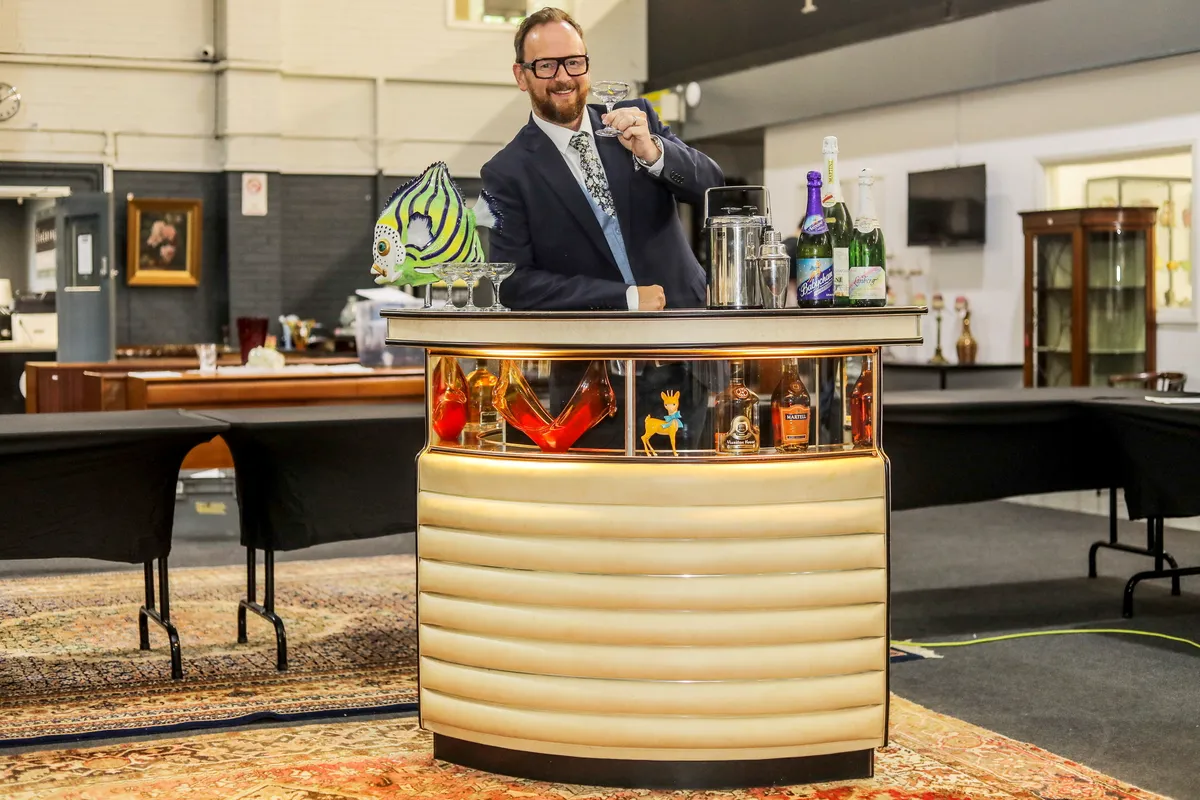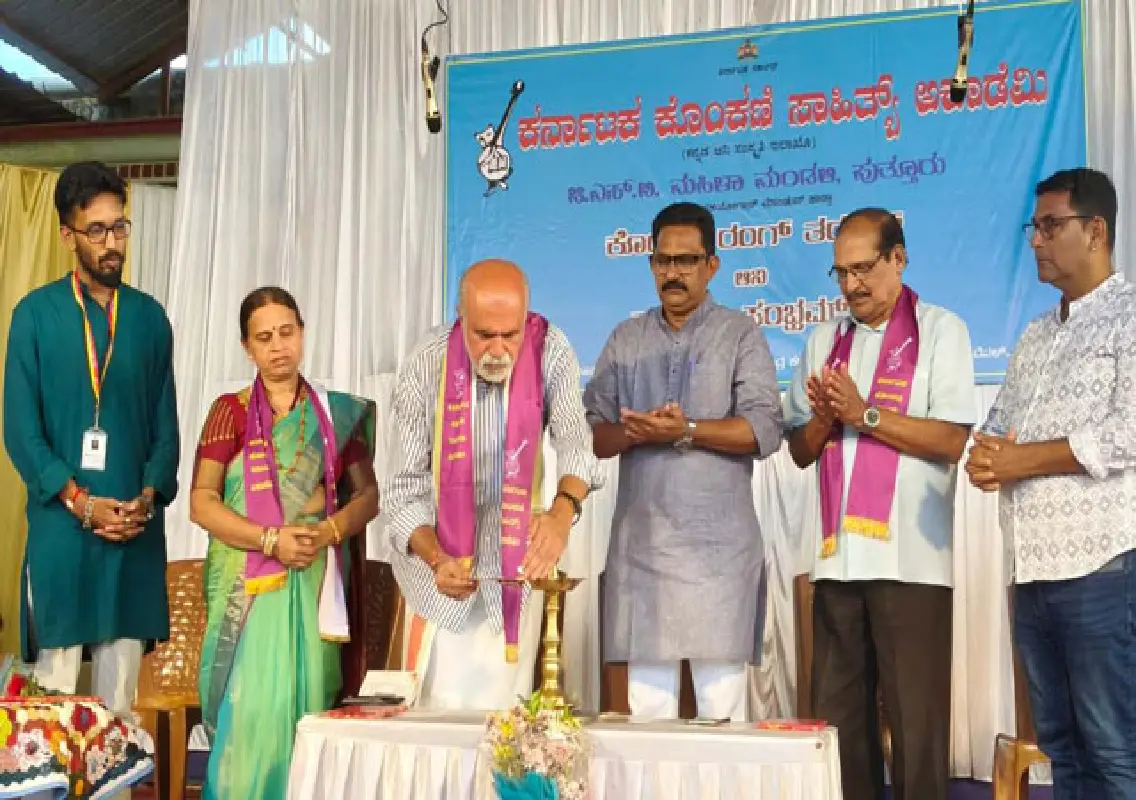By Martha Mukaiwa
Copyright namibian

Namibia has little awareness of issues such as generational trauma and genocide among the country’s San community, Women’s Leadership Centre (WLC) director Liz Frank says.
The rights and welfare of Namibia’s San people was therefore the focus of a WLC policy brief launch in Windhoek last week.
The publication is titled ‘Protect and Promote the Rights and Well-Being of Indigenous San Peoples in Namibia! A Policy Brief for Government and Other Stakeholders’.
The document highlights issues of generational trauma within San communities, underscores Namibia’s commitment to the United Nations Declaration on the Rights of Indigenous Peoples, and provides a number of recommendations to improve the lives of San women and girls.
Speaking at the event, Frank expanded on the development work the organisation undertakes to support San communities across the country, particularly through a programme called ‘Speaking for Ourselves, Voices of San Young Women’.
“It was a steep learning curve for the WLC to begin to understand the lived realities, the challenges, the history, the wounds, the violence and the lateral violence within the communities as a result of generational trauma,” she said.
To shed light on issues of generational trauma affecting the San, the WLC initiated a Medico International-funded project at Mangetti Dune and Drimiopsis. The policy brief is an outcome of this project.
“What we realise is there’s little awareness in Namibia of generational trauma and genocide among the San,” Frank said.
“So, we thought, let’s make this policy brief to educate ourselves, our government, and other stakeholders. So, we start bringing San history into the mainstream Namibian history.”
The event included impact statements by San women and girls involved in the WLC’s empowerment and development programmes.
Longtime Drimiopsis community leader and facilitator Maria Garises spoke about how the ‘Speaking for Ourselves’ programme has empowered the community to engage regional councillors and ministries on challenges with access to healthcare.
In collaboration with the WLC, the San women also established a San Girls Circle to teach life skills while encouraging young San people to take pride in their language and culture and to finish school.
“If we don’t speak, who will speak for us? No one. That’s why we stand up,” Garises said.
“I’m a proud San. We are here today as San women. We have woken up. We have the power. We know the issue. We know the solution. We are speaking now. Listen to our voices.”
The event included traditional dance, chants and vocal performances by San women and girls, and the policy brief was launched by the deputy director of the division of marginalised communities in the Office of the President, Rebekka Namwandi.
“We really should appreciate the private sector for playing a role to make sure each and every challenge is heard,” she said.
“Because the Namibian government keeps being the leading force to make sure these challenges are addressed, and we will address them together, amicably.”
Namwandi encouraged San girls to “keep on moving, speak for yourselves”, before officially launching the publication, which Positive Vibes Trust director Salen Kambinda described as a “living testament” of the work the WLC is doing.
“A policy brief, I’m sure for them, is not something that gathers dust,” Kambinda said.
– martha@namibian.com.na



